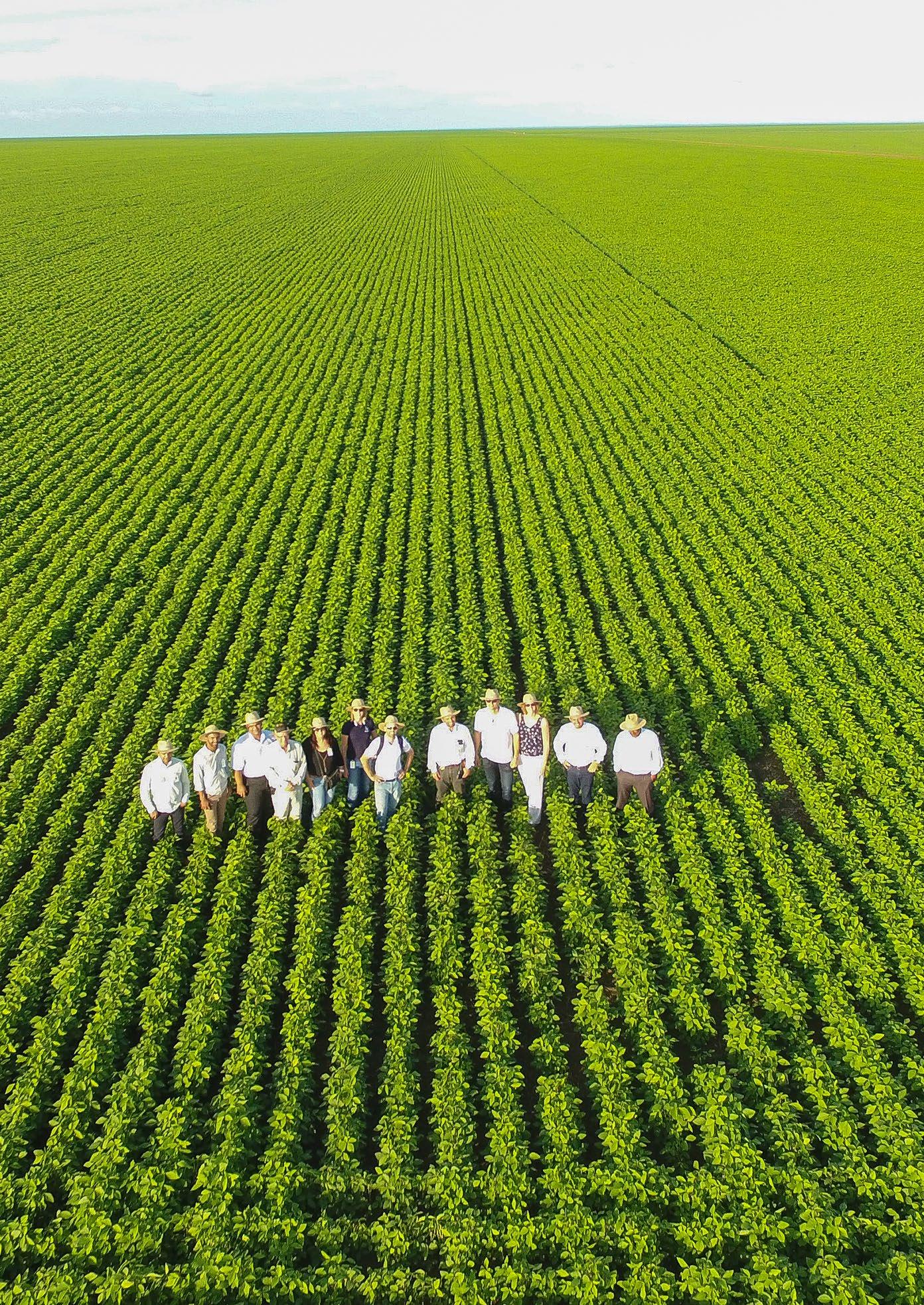
2 minute read
3. GOOD HEALTH AND WELL-BEING
GOOD HEALTH AND WELL-BEING
Goal #3 aims to ensure healthy lives for all and to promote well-being, both of which are essential to ensuring the social component of the sustainable development agenda. Since the launch of the SDGs, the overall access to healthcare services and to other measures aiding physical and mental wellbeing has improved significantly in many geographic areas; however, the progress has been uneven between and within countries. Furthermore, the COVID-19 pandemic has weighed heavily on healthcare systems and has threatened the already achieved public health outcomes.11
The RTRS Standard assigns a central importance to the health and well-being of the workers. The Standard features several indicators which address matters of reproductive health, first aid, and occupational health risks.
SDG TARGETS AND RELATED RTRS INDICATORS
SDG Targets
3.7 By 2030, ensure universal access to sexual and reproductive health-care services, including for family planning, information and education, and the integration of reproductive health into national strategies and programmes.
3.8 Achieve universal health coverage, including financial risk protection, access to quality essential health-care services and access to safe, effective, quality and affordable essential medicines and vaccines for all.
3.9 By 2030, substantially reduce the number of deaths and illnesses from hazardous chemicals and air, water and soil pollution and contamination.
RTRS Indicators
RTRS: 2.5.7
RTRS requires that salaried workers have all entitlements and protection in national law and practice regarding maternity leave (2.5.7).
RTRS: 2.3.7
First aid and medical assistance are to be provided to all workers (2.3.7).
RTRS: 2.3.1, 2.3.2, 2.3.4, 2.3.5, 2.3.6
RTRS Principle 2 requires producers to provide a healthy workplace for all workers, including improving both producers’ and employees’ understanding of occupational health issues (2.3.1) and identification and management of risks to workers’ health (2.3.2, 2.3.5, 2.3.6), including use of protective equipment and clothing (2.3.4).
SDG 3: Case study
Title: Social and labor aspects at RTRS certified farm Fazendas Progresso
Organisation: Grupo Progresso
Location: Piauí, Brazil
Global scope: RTRS Standard for Responsible Soy Production Principles & Criteria Case: Grupo Progresso (including seven farms in the state of Piauí and one in Minas Gerais, Brazil) certifies their soy production at Fazenda Progresso, Fazenda Rainha da Serra Soja and Fazenda Ouro Branco Soja in Piauí, Brazil, pursuant to RTRS principles and criteria. At Fazenda Progresso, employees have guaranteed access to training sessions on the correct and safe execution of their tasks and to personal protection elements. Their well-being in their work environment is also ensured through: providing access to fully-equipped and staffed nursing facilities in the farm, which also include an Advanced Life Support (ALS) Ambulance available 24 hours to assist in any emergency; quality food prepared according to a menu specially developed by nutritionists; access to spaces for training and recreational activities, among others.










